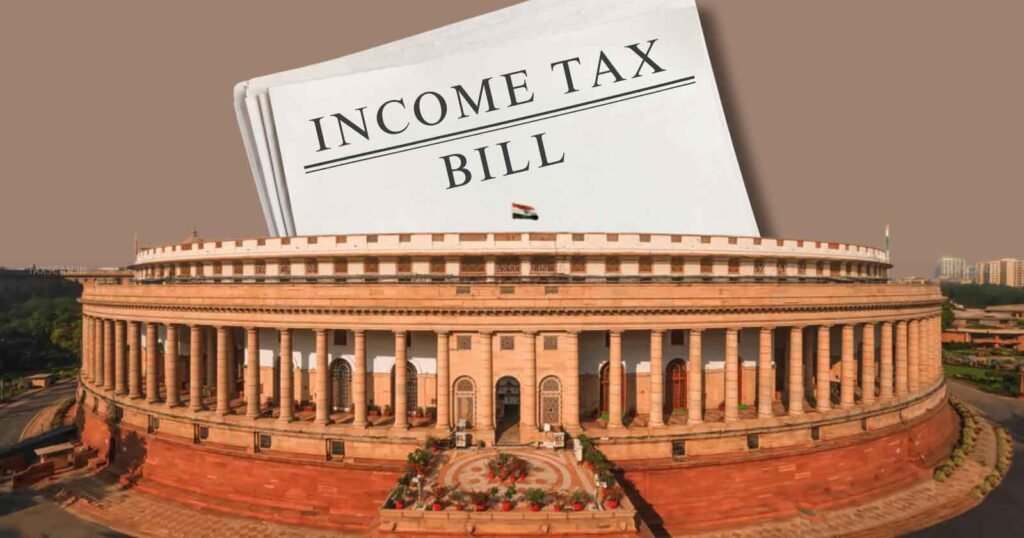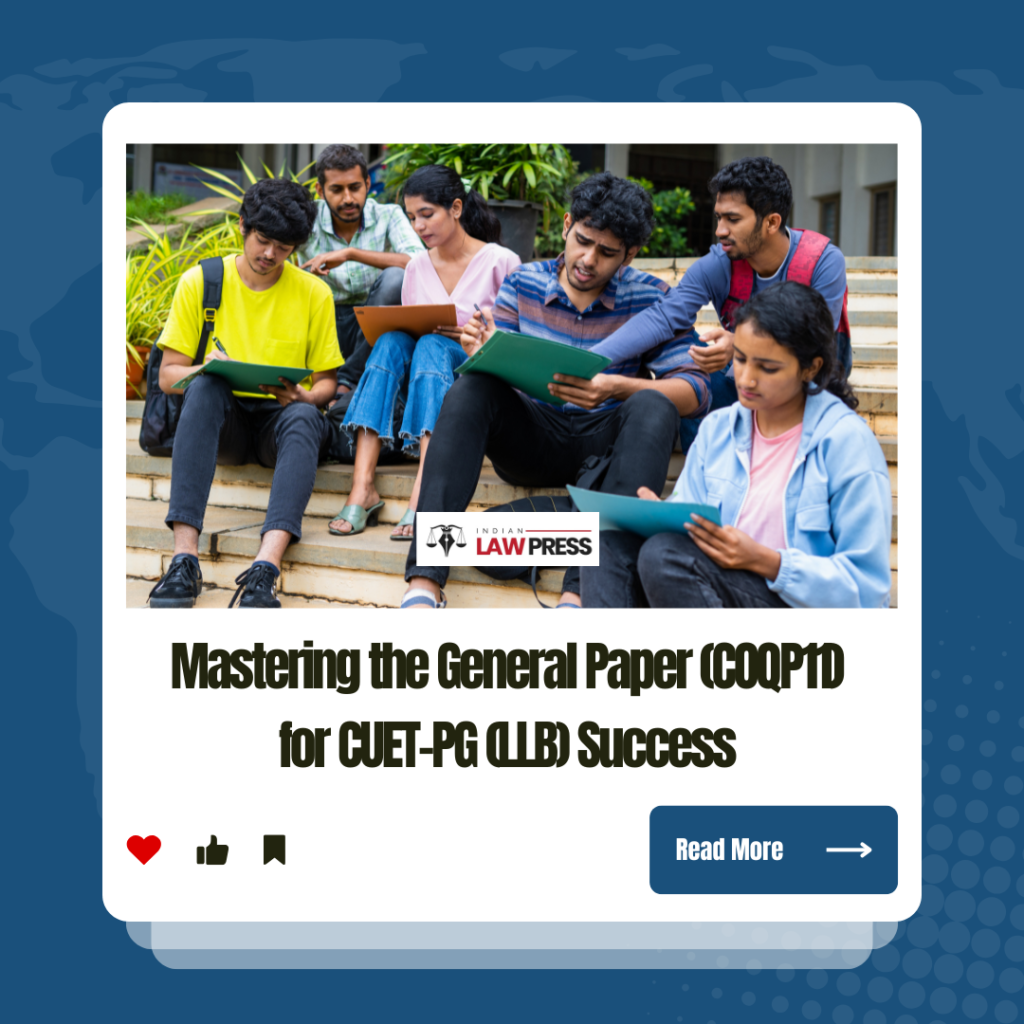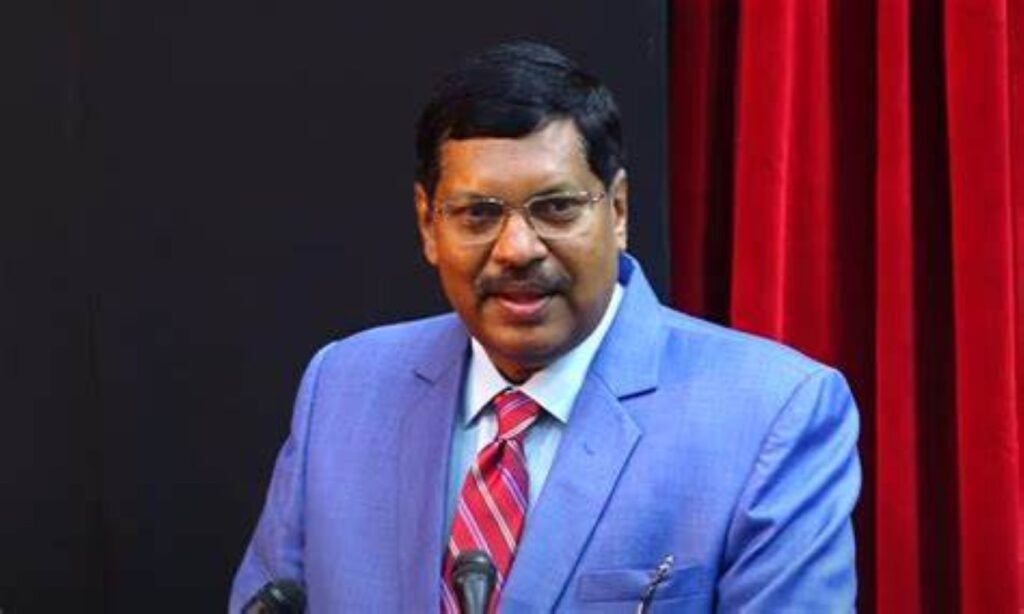Justice BV Nagarathna, set to become India’s first woman CJI in 2027, delivered the NLU Delhi convocation address, highlighting the rule of law, constitutional values, and the moral duty of lawyers to uphold justice and integrity.
Introduction
At the convocation ceremony of National Law University (NLU), Delhi, Supreme Court Judge Justice BV Nagarathna delivered an inspiring address to the graduating batch of law students. She emphasized that the rule of law is the essence of democracy, and courts must uphold it “without fear or favour, affection or ill will.” Justice Nagarathna, who is set to make history in 2027 as India’s first woman Chief Justice of India (CJI), urged future lawyers to carry integrity, empathy, and constitutional values into their professional journey.
Constitution as a Charter of Transformation
Justice Nagarathna described the Indian Constitution as more than a legal document—it is a charter of societal transformation. According to her, lawyers and judges are entrusted not only with defending rules but also with safeguarding the vision of equality, liberty, and justice.
She reminded students that their role as legal professionals is not limited to courtroom arguments but extends to being custodians of India’s ongoing project of transformation.
Themes of Constitutional Vision
To illustrate the transformative vision of the Constitution, Justice Nagarathna highlighted three key themes:
- Equality Code – A framework for substantive equality, aiming to overcome institutional and structural barriers.
- Fraternity – A constitutional commitment to combating economic exclusion, social discrimination, workplace exploitation, and religious excommunication.
- Liberty Code – A vision of the State as both a protector of individual freedoms and an enabler of social transformation.
Five Structural Features for Good Governance
Justice Nagarathna explained that five structural features of the Constitution act as the backbone of good governance in India:
- The Preamble – The guiding compass with ideals of justice, liberty, equality, and fraternity.
- Fundamental Rights & Rule of Law – Safeguards against arbitrary power and ensures citizens’ freedoms.
- Directive Principles of State Policy (DPSPs) – Directives for achieving socio-economic justice.
- Separation of Powers – Prevents concentration of authority and maintains checks and balances.
- Federal Structure – Ensures cooperative governance between the Centre and States.
“These are not just decorative words,” she said, “but guiding principles for every act of governance.”
Role of Judiciary and Bar in Safeguarding Democracy
Reaffirming the independence of the judiciary, Justice Nagarathna stressed that judicial review is a potent tool to ensure that laws and executive actions align with constitutional principles and fundamental rights.
She also credited the free and independent Bar for strengthening the rule of law in India. The judiciary, she said, thrives because of the support of lawyers who defend constitutional values in courts every day.
Responsibility of the Legal Fraternity
 NLU-Delhi
NLU-Delhi
Addressing the graduating students, Justice Nagarathna urged them to measure success not in terms of financial gain but through their positive impact on society. She emphasized the moral and professional obligation of lawyers to advance constitutional ideals, including the mandate of providing free legal aid under Article 39A.
Conclusion
Justice BV Nagarathna’s address at NLU Delhi serves as a powerful reminder for young law graduates. The Constitution is not merely a set of rules but a living vision of equality, liberty, justice, and fraternity. As the future custodians of constitutional values, the graduating batch was reminded that their profession is not just about advocacy but also about contributing to India’s democratic and social transformation.
Also Read: Justice BV Nagarathna Advocates for Greater Gender Representation in Law and Governance





